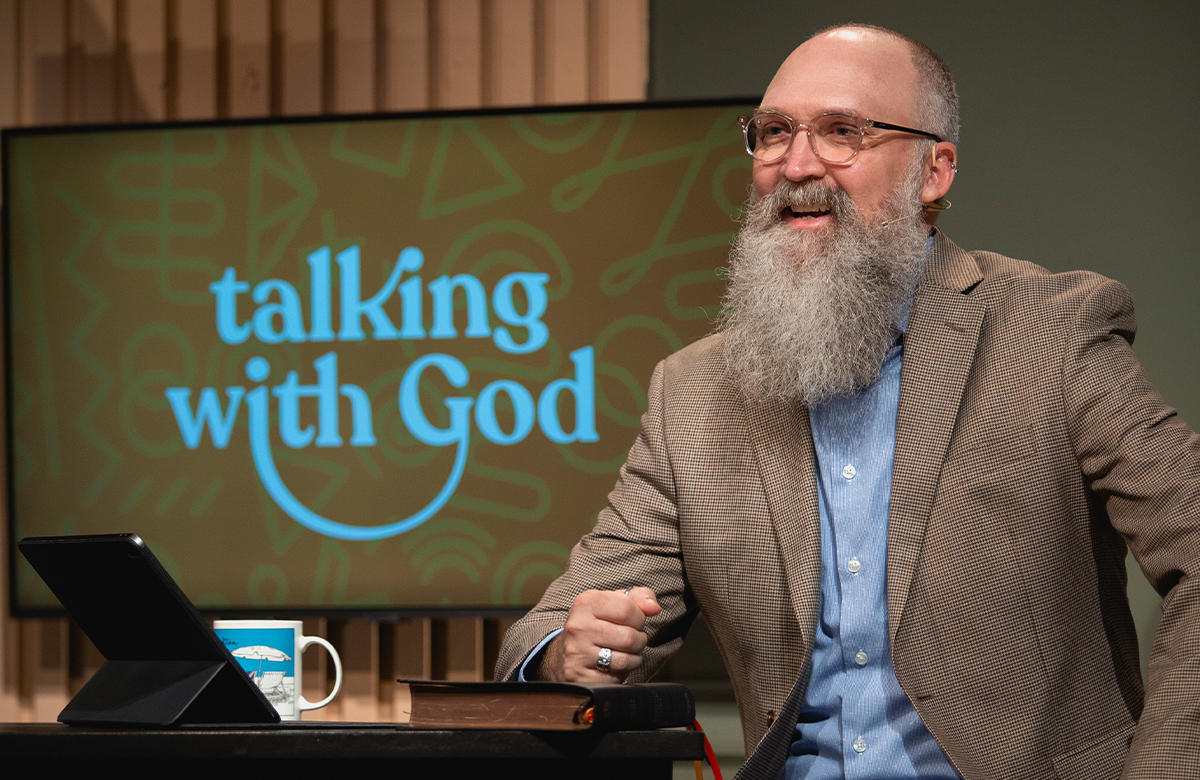
Ecclesiastes
Ecclesiastes
Who wrote it?
Ecclesiastes doesn’t directly identify its author, however there are quite a few verses that imply Solomon wrote this book. There are some clues in the context that may suggest a different person wrote the book after Solomon’s death, possibly several hundred years later. Still, the conventional belief is that the author is indeed Solomon.
When(ish) was it written?
Solomon’s reign as king of Israel lasted from around 970 BC to around 930 BC. The book of Ecclesiastes was likely written towards the end of his reign, approximately 935 BC.
Why was it written?
Ecclesiastes is a book of perspective. The narrative of “the Preacher” (KJV), or “the Teacher” (NIV) reveals the depression that inevitably results from seeking happiness in worldly things. This book gives Christians a chance to see the world through the eyes of a person who, though very wise, is trying to find meaning in temporary, human things. Most every form of worldly pleasure is explored by the Preacher, and none of it gives him a sense of meaning.
In the end, the Preacher comes to accept that faith in God is the only way to find personal meaning. He decides to accept the fact that life is brief and ultimately worthless without God. The Preacher advises the reader to focus on an eternal God instead of temporary pleasure.
Some Key Verses
[quote] Vanity of vanities, says the Preacher, vanity of vanities! All is vanity.
– Ecclesiastes 1:2 [/quote]
[quote] For in much wisdom is much vexation, and he who increases knowledge increases sorrow.
– Ecclesiastes 1:18 [/quote]
[quote] Then I considered all that my hands had done and the toil I had expended in doing it, and behold, all was vanity and a striving after wind, and there was nothing to be gained under the sun.
– Ecclesiastes 2:11 [/quote]
[quote] Remember also your Creator in the days of your youth, before the evil days come and the years draw near of which you will say, “I have no pleasure in them.”
– Ecclesiastes 12:1 [/quote]
[quote] The end of the matter; all has been heard. Fear God and keep his commandments, for this is the whole duty of man.
– Ecclesiastes 12:13 [/quote]
A Quick Summary
Two phrases are repeated often in Ecclesiastes. The word translated as “vanity” in the ESV, and “meaningless” in the NIV appears often, and is used to emphasize the temporary nature of worldly things. In the end, even the most impressive human achievements will be left behind. The phrase “under the sun” occurs 28 times, and refers to the mortal world. When the Preacher refers to “all things under the sun,” he is talking about earthly, temporary, human things.
The first seven chapters of the book of Ecclesiastes describe all of the worldly things “under the sun” in which the Preacher tries to find fulfillment. He tries scientific discovery (1:10-11), wisdom and philosophy (1:13-18), mirth (2:1), alcohol (2:3), architecture (2:4), property (2:7-8), and luxury (2:8). The Preacher turned his mind towards different philosophies to find meaning, such as materialism (2:19-20), and even moral codes (including chapters 8-9). He found that everything was meaningless, a temporary diversion that, without God, had no purpose or longevity.
Chapters 8-12 of Ecclesiastes describe the Preacher’s suggestions and comments on how a life should be lived. He comes to the conclusion that without God, there is no truth or meaning to life. He has seen many evils and realized that even the best of man’s achievements are worth nothing in the long run. So he advises the reader to acknowledge God from youth (12:1) and to follow His will (12:13-14).
Foreshadowings
For all of the vanities described in the book of Ecclesiastes, the answer is Christ. According to Ecclesiastes 3:17, God judges the righteous and the wicked, and the righteous are only those who are in Christ (2 Corinthians 5:21). God has placed the desire for eternity in our hearts (Ecclesiastes 3:11) and has provided the way to eternal life through Christ (John 3:16). We are reminded that striving after the world’s wealth is not only vanity because it does not satisfy (Ecclesiastes 5:10), but even if we could attain it, without Christ we would lose our souls and what profit is there in that (Mark 8:36)? Ultimately, every disappointment and vanity described in Ecclesiastes has its remedy in Christ, the wisdom of God and the only true meaning to be found in life.
What does this mean?
Ecclesiastes offers the Christian an opportunity to understand the emptiness and despair that those who do not know God grapple with. Those who do not have a saving faith in Christ are faced with a life that will ultimately end and become irrelevant. If there is no salvation, and no God, then not only is there no point to life, but no purpose or direction to it, either. The world “under the sun,” apart from God, is frustrating, cruel, unfair, brief, and “utterly meaningless.” But with Christ, life is but a shadow of the glories to come in a heaven that is only accessible through Him.
Discussion Questions
[expand title=”Holt Venue”]
- Take a few minutes to read aloud the Scripture from Ecclesiastes 1:1-11, 12-14,16-17, 2:1-10, 18-21, and 3:10-13. What verses or ideas stand out to you from these passages? What questions do you have? What would you like to remember and apply to your life?
- What is the meaning of life? How would the culture answer this question? Why is a difficult question to answer?
- Solomon highlighted four “pursuits” he saw as vanity: wisdom, pleasure, stuff and work. Which one of these four do you see yourself pursuing in your life? Is that pursuit of greater importance to you than Jesus?
- Read Ecclesiastes 3:11-13. What does it mean that God “has put eternity into man’s heart”? How have you seen this truth in yourself and in others?
- Read 1 Corinthians 10:31. How can you bring glory to God in your life “under the sun”? How can you help others do the same?
[/expand]
[expand title=”REO Town”]
- Take a few minutes to read aloud the Scripture from Ecclesiastes 1:1-11; 2:1-11; 3:11; 5:7; 12:11-12, Psalm 16:11, John 5:24, and 1 John 1:4. What verses or ideas stand out to you from these passages? What questions do you have? What would you like to remember and apply to your life?
- What are the most typical answers people give to the question, “What is the meaning of life?”?
- When Solomon speaks of “life under the sun”, what does this phrase suggest about the perspective he is taking?
- Think for a moment about Ecclesiastes 3:11‘s claim that, “he [God] has set eternity in the heart of man”. What in your life are you looking to or hoping for in order to find meaning? Consider whether your pursuits line up God’s eternal purposes.
- The sermon concluded by asserting that meaning in life is ultimately found in Jesus. How does who Jesus is and what He’s done give meaning to life? How specifically has following Jesus made your life meaningful?
[/expand]
[expand title=”Westside Venue”]
- Take a few minutes to read aloud the Scripture from Ecclesiastes 1:1-11; 2:1-11; 3:11; 5:7; 12:11-12, Psalm 16:11, John 5:24, and 1 John 1:4. What verses or ideas stand out to you from these passages? What questions do you have? What would you like to remember and apply to your life?
- Have you experienced the frustration of the tedious “treadmill” life? How do you find Gospel purpose in your daily routine?
- In an attempt to find fulfillment, Solomon pursued fame, power, wealth, amusement, and sex. Which of these do you find most seductive? Do you believe that Jesus alone is sufficient?
- Once Solomon realized that God had an eternal purpose in everything, his perspective changed completely. How often does an eternal mindset affect your daily thinking and actions? Consider the life of Jesus, who lived his life with eternal focus, which led to sacrificial suffering and then salvation for mankind. What impact does this have on your life and perspective?
- Who are you praying for, and how would you like to be prayed for?
[/expand]

























